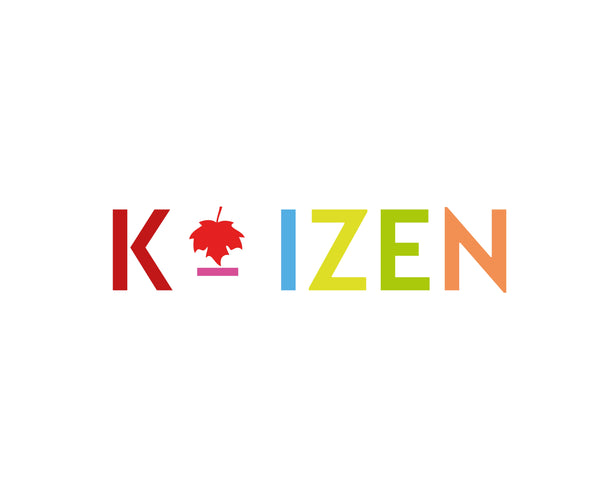The Canadian Food Shock: When Your Taste Buds Realize They’ve Immigrated Too
More Than Just a New Address
When people imagine immigration, they think about jobs, paperwork, housing, and language. But few realize that one of the most significant cultural shocks happens three times a day—on your plate. Your experience is not unique. Many of us, as immigrants, have felt the same.
Where’s the Flavour?
For immigrants coming from Latin America, Asia, Africa, or the Caribbean, Canadian food often feels… bland. No spices, no sazón, no street vendors shouting with fresh empanadas or tamales, no midnight tacos after a long day. Suddenly, you’re in a supermarket where everything is pre-packaged, fruits taste different, and the comfort foods from back home are either missing or cost triple the price.
The Hidden Emotion in Food
Food is memory. It’s family. Its identity. That’s why many newcomers feel a sudden sadness or emptiness when they can’t find the flavours of home. Cooking something familiar can bring comfort after a long, cold day. But the search for those ingredients becomes a mission—sometimes across the entire city.
How Immigrants Adapt
- Hunting for cultural stores: Most immigrants have a “secret spot” where they find their spices, sauces, or frozen goods from back home.
- Creating fusion: Mixing Canadian ingredients with recipes from home becomes a way to innovate and keep traditions alive.
- Community sharing: Food becomes the fastest bridge between cultures—sharing a dish from your country is often the first step in making a Canadian friend.
The Beauty of Food Shock
Yes, it’s frustrating not to find your favourite dish easily. But food shock also expands your world. You discover poutine, butter tarts, maple syrup, and multicultural fusions from other immigrant communities. Over time, your table becomes a global map, and your kitchen becomes a story of resilience and adaptation. You are not just surviving, you are thriving in this new culinary landscape.
At K-IZEN, we remind you that immigration isn’t only about paperwork—it’s about culture, identity, and even your taste buds.
Because every detail of this journey matters, and above all, information is power.

